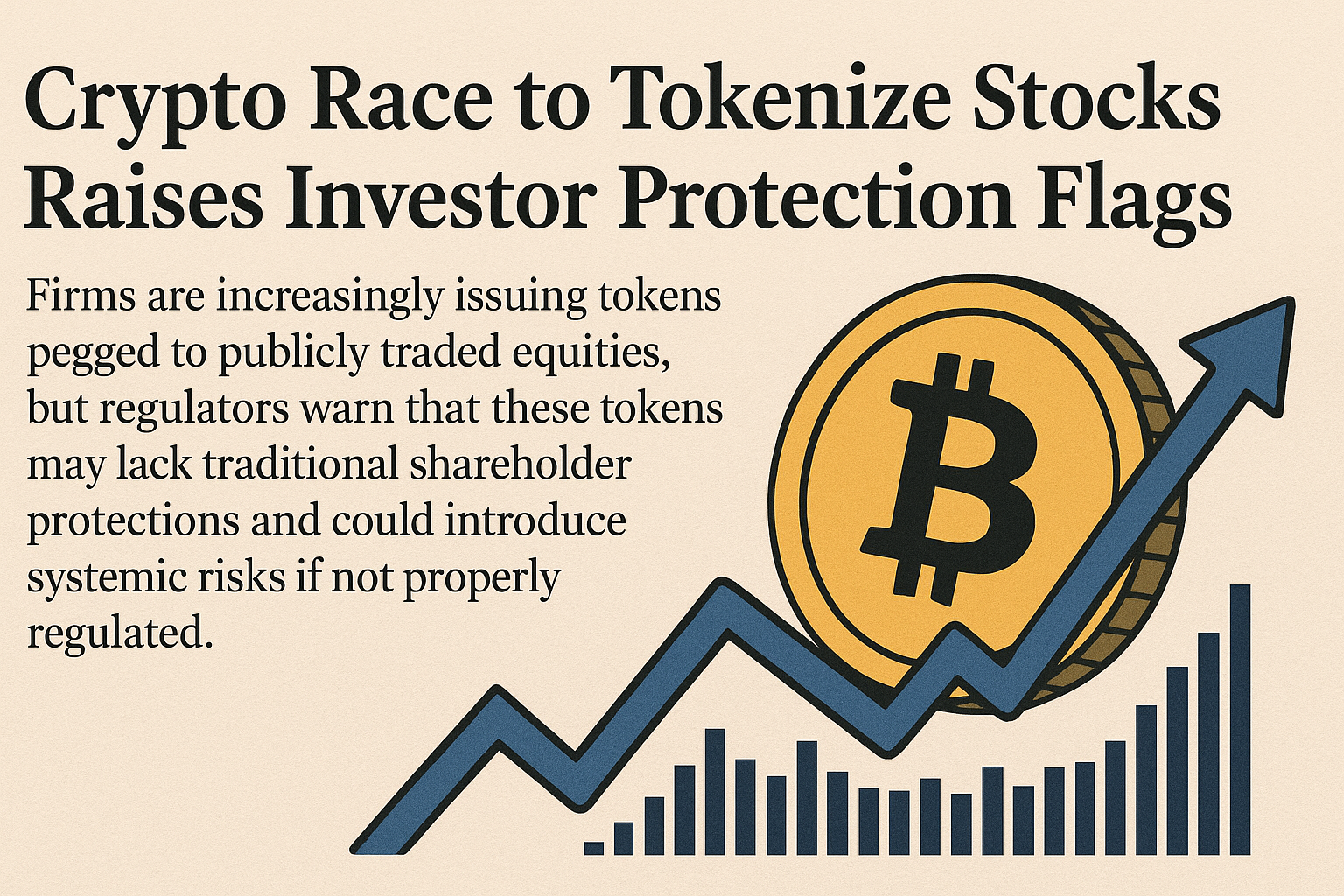Transforming Transparency and Accountability
Environmental, Social, and Governance (ESG) reporting has emerged as a cornerstone of corporate responsibility, enabling businesses to communicate their sustainability and ethical practices to stakeholders. However, the credibility of ESG data is often questioned due to inconsistencies and potential manipulation. Enter blockchain technology: a revolutionary tool enhancing ESG reporting by offering unparalleled transparency and accountability.
Immutable Records for Data Integrity
Blockchain’s primary strength lies in its ability to create immutable records. Every transaction or data entry on a blockchain is time-stamped and cannot be altered retroactively, ensuring data integrity. For ESG reporting, this means that companies can provide verifiable and tamper-proof information about their environmental impact, labor practices, and governance policies.
For instance, a company’s carbon footprint data can be securely stored on a blockchain, allowing stakeholders to trace and verify emissions reductions over time. This transparency not only builds trust but also helps companies align with global sustainability standards, such as the United Nations’ Sustainable Development Goals (SDGs).
Streamlining Supply Chain Sustainability
One of the most impactful applications of blockchain in ESG reporting is in supply chain management. By using blockchain, companies can trace the origin and journey of materials, ensuring that their products meet ethical and environmental standards. This is particularly valuable in industries like fashion, electronics, and food, where stakeholders demand accountability for sourcing and production practices.
For example, blockchain can track the journey of raw materials, confirming that they come from certified sustainable sources. Such transparency fosters consumer trust and enables businesses to identify and address potential risks in their supply chains.
Enhancing Stakeholder Trust
Transparency is critical in building trust with investors, customers, and regulators. Blockchain-based ESG reporting provides stakeholders with real-time access to verified data, eliminating the need for intermediaries and reducing the risk of greenwashing. This open approach ensures that companies are held accountable for their commitments, fostering long-term relationships with stakeholders.
Facilitating Regulatory Compliance
As governments worldwide tighten regulations on ESG disclosures, blockchain offers a reliable solution for compliance. By automating the recording and reporting of ESG metrics, blockchain reduces the administrative burden while ensuring accuracy. Companies can demonstrate adherence to frameworks like the EU’s Corporate Sustainability Reporting Directive (CSRD) or the Global Reporting Initiative (GRI) with ease.
Challenges to Adoption
While the benefits are clear, integrating blockchain into ESG reporting is not without challenges. High implementation costs, scalability issues, and the need for industry-wide collaboration are significant barriers. Additionally, the energy consumption of some blockchain networks raises concerns about their environmental impact, prompting a shift towards energy-efficient solutions like proof-of-stake.
The Future of Blockchain in ESG
As blockchain technology evolves, its role in ESG reporting will likely expand. Innovations such as smart contracts can automate sustainability audits and incentivize ethical practices through tokenized rewards. Moreover, the increasing adoption of decentralized finance (DeFi) could integrate ESG metrics into investment decisions, further aligning financial systems with sustainability goals.
Blockchain technology is revolutionizing ESG reporting by ensuring transparency, integrity, and accountability. By addressing existing challenges and embracing innovation, businesses can leverage blockchain to meet their sustainability goals and strengthen stakeholder trust. As the world moves towards a greener future, blockchain stands out as a key enabler of sustainable transformation.




